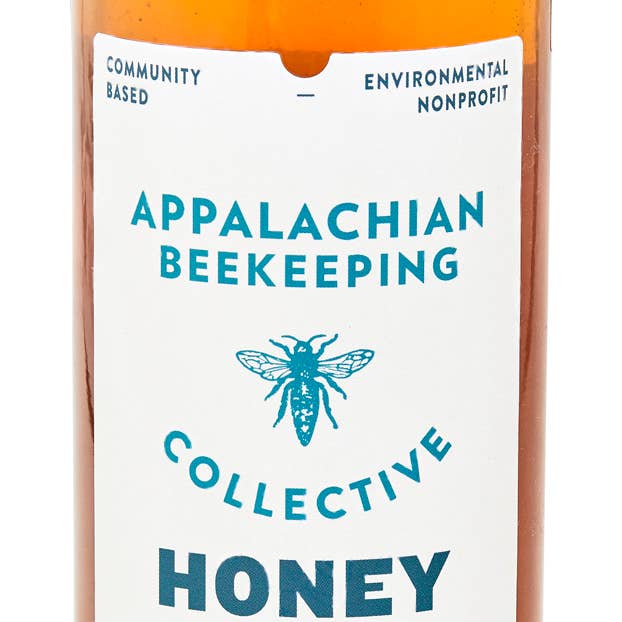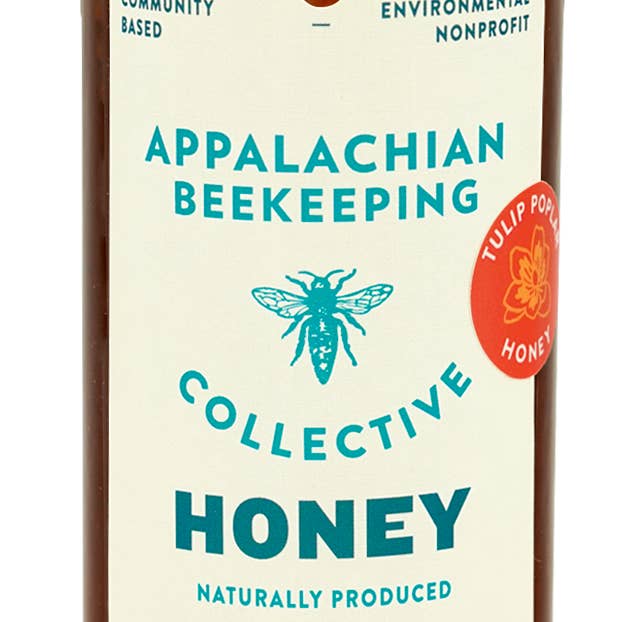Appalachian Beekeeping Collective wholesale products
Appalachian Beekeeping Collective wholesale products
Appalachian Beekeeping Collective wholesale products
Appalachian Beekeeping Collective wholesale products
Shop Appalachian Beekeeping Collective and other independent brands on the Faire wholesale marketplace.
Shop Appalachian Beekeeping Collective and other independent brands on the Faire wholesale marketplace.
Shop Appalachian Beekeeping Collective and other independent brands on the Faire wholesale marketplace.
Shop Appalachian Beekeeping Collective and other independent brands on the Faire wholesale marketplace.
Unlock wholesale pricing
About Appalachian Beekeeping Collective
About Appalachian Beekeeping Collective
About Appalachian Beekeeping Collective
About Appalachian Beekeeping Collective
About Appalachian Beekeeping Collective
The Appalachian Beekeeping Collective is a nonprofit organization that trains, supports, and provides bees and equipment free of charge to partner beekeepers in economically distressed counties. We help our partners produce honey (and income) in the greenest possible way. Since 2016, we have helped hundreds of beekeepers get started in beekeeping for profit. ABC honey is produced through natural beekeeping methods. Our expert staff helps our partnersfollow a strict protocol rooted in science to ensure our bees are healthy, happy, and chemical free. Partners in our program never use antibiotics or synthetic pesticides in their colonies. We make sure our member apiaries are located on land not treated with synthetic pesticides, fungicides, or herbicides. We are careful to ensure our hives are placed in areas with plenty of natural forage, clean water, and low density of other honey bees. Our native Appalachian forests host an abundance of nectar-rich species such as tulip poplar, black locust, sourwood, and wildflowers.
TRUSTED BY HUNDREDS OF THOUSANDS OF RETAILERS
Keep exploring
All brandsReady to start buying wholesale online?
Ready to start buying wholesale online?
60-day payment terms
Free returns on all opening orders
Unique products curated for your store
©2025 Faire Wholesale, Inc.
English










